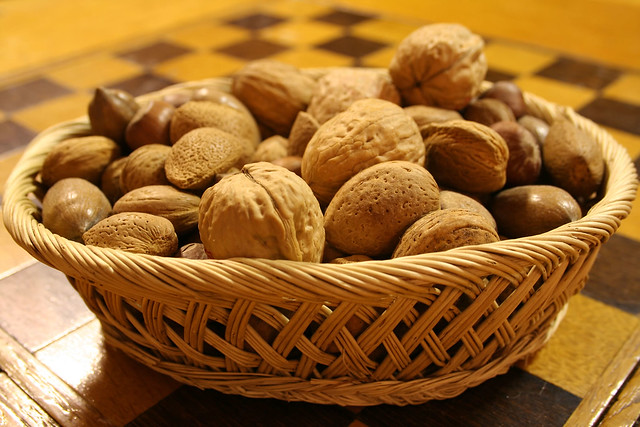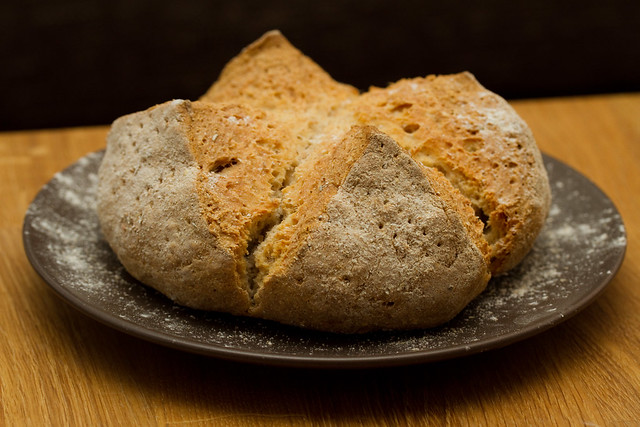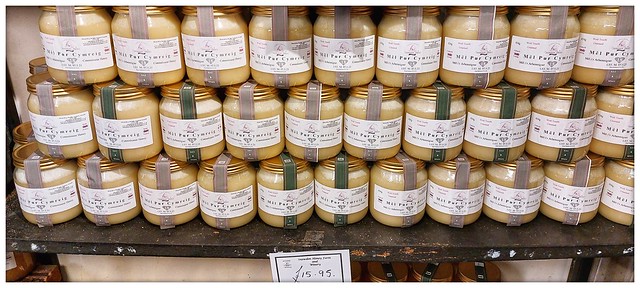Words for blackberries and related words, in Celtic languages.
| Proto-Celtic | *smiyoros = berry, berries |
|---|---|
| Old Irish (Goídelc) | smér = blackberry |
| Middle Irish (Gaoidhealg) | smér = blackberry |
| Irish (Gaeilge) | sméar [sˠmʲiaɾˠ/sˠmʲeːɾˠ] = berry, blackberry sméarach = abounding in blackberries sméardhris = blackberry bush, bramble sméara dubha = blackberries púca na sméar = fruit-destroying pooka, herald of winter |
| Scottish Gaelic (Gàidhlig) | smeur [smiar] = bramble, blackberry, mulberry smeur-dhubh = blackberry smeur-craoibhe = mulberry smeur-loganach = loganberry smeur-Artaigeach = nagoonberry, Arctic bramble/raspberry (Rubus arcticus) craobh nan smeur = mulberry tree (Morus) |
| Manx (Gaelg) | smeyr = blackberry, berry smeyr ghoo = blackberry smeyr churree = cranberry smeyr fannag = crowberry smeyr loaganagh = cloudberry crouw smeyr = mulberry |
| Proto-Brythonic | *muɨar = blackberries, berries |
| Welsh (Cymraeg) | mwyar(en) [ˈmʊɨ̯.ar/ˈmʊi̯.ar] = blackberries, dewberries, brambles, briers, berries mwyara = to gather blackberries; to be idle mwyarbren = mulberry bush, blackberry bush, bramble mwyar Berwyn/ mwyar Doewan = wild raspberries, (Rubus idæus), cloudberries, (Rubus chamæmorus) mwyar y brain = bilberries, whimberries, whortleberries (Vaccinium myrtillus) mwyar y ddaear = dewberries (Rubus cæsius), cloudberries mwyar du(on) = blackberries (Rubus fruticosus) mwyar Ffrengig = mulberries, blackberries mwyar glas = dewberries mwyar Mair = mulberries, dewberries |
| Old Cornish | moyr(bren) = berries |
| Cornish (Kernewek) | mor(en) = berries mora = to gather blackberries mor du = blackberries |
| Old Breton | moiaroc = berries |
| Breton (Brezhoneg) | mouar(enn) = blackberries, berries; bramble, mulberry tree mouar du / mouar gouez = blackberries, dewberries mouar gwenn = mulberries mouar ruz = red mulberries |
Etmology: unknown
Words marked with a * are reconstructions.
Sources: Wiktionary, Am Faclair Beag, Online Manx Dictionary, Teanglann.ie, eDIL – Electronic Dictionary of the Irish Language, In Dúil Bélrai English – Old Irish glossary, Geiriadur Prifysgol Cymru, Gerlyver Kernewek, Dictionaire Favereau, TermOfis, English – ProtoCeltic WordList (PDF)












